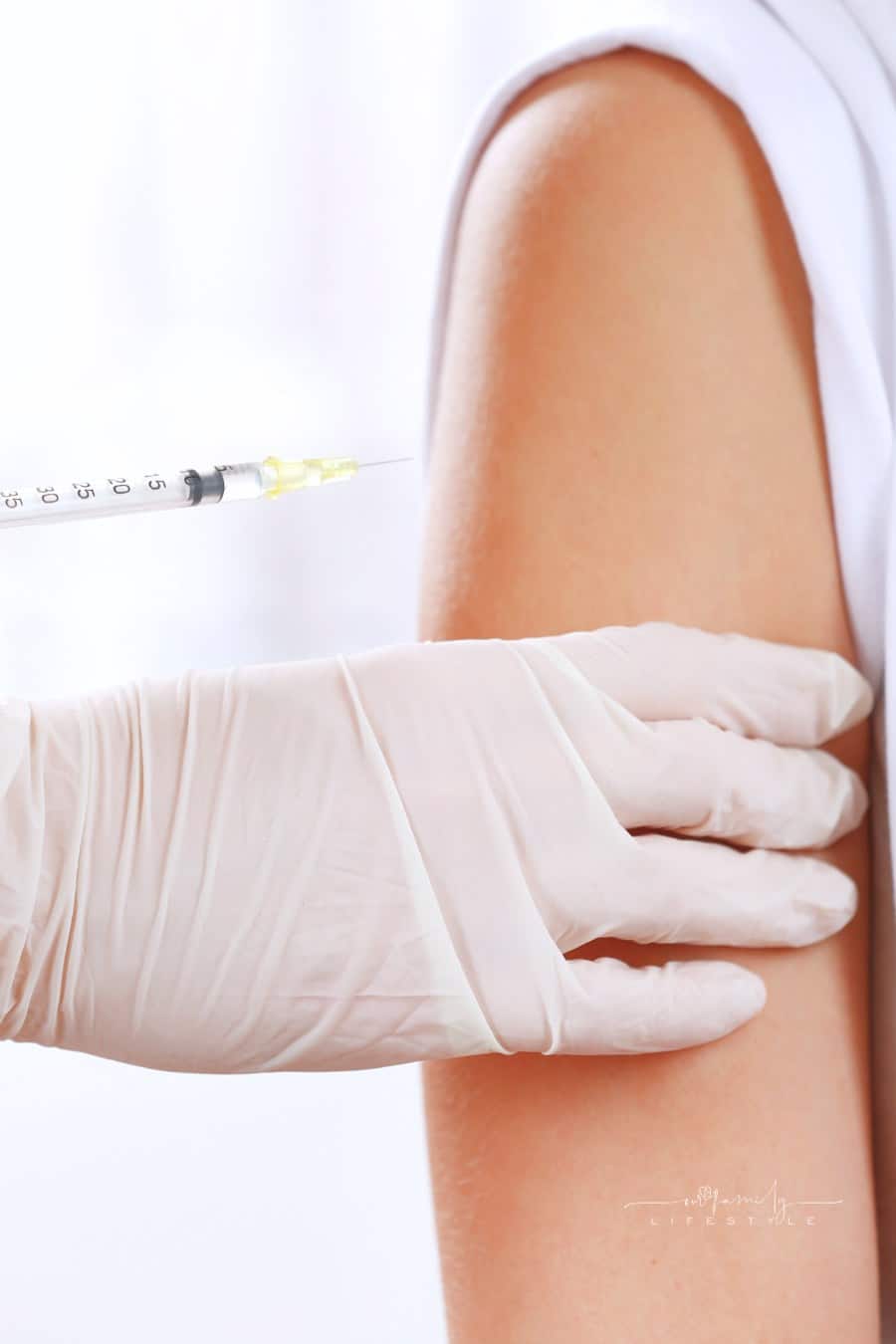Medical needles are crucial in delivering healthcare services as they serve purposes in diagnosing and treating patients effectively in the sector.
It is important to comprehend the kinds of needles and how they are used in order to fully grasp their importance within the medical industry.
This article explores the classifications of needles and highlights their functions and value.

Sharp Pointy Objects
Hypodermic needles are widely used in healthcare settings to administer substances into the body or withdraw fluids.
These slender and hollow needles come in different sizes and lengths to meet various medical requirements.
While smaller gauges are commonly used for thin fluids, larger varieties are suitable for thicker solutions.
Their flexibility and adaptability make hypodermic needles tools for tasks such as vaccinations, blood sampling, and medication delivery, in settings.
Intravenous Catheters
In hospitals and medical settings, intravenous cannulas, also known as IV cannulas, deliver fluids into veins.
These devices allow medical professionals to administer medications, nutrients, and blood products efficiently to patients.
Featuring a catheter, IV cannulas are designed to stay in place once the needle is removed, enabling fluid delivery without the need for repeated insertions.
Medical professionals depend on IV cannulas for providing care to patients undergoing surgeries, emergency treatments, and long-term therapies.
Spinal Needles
Spinal needles are used to gain access to fluid (CSF) for treatment reasons and are usually employed in lumbar punctures to detect conditions such as meningitis or deliver spinal anesthesia effectively.
These needles have a design consisting of a shaft with an edge that causes minimal tissue damage when used. By allowing entry into the canal, these needles are vital in both alleviating pain and identifying conditions.
Medical Devices Used for Tissue Sample Collection Are Biopsy Needles
To facilitate tissue sample extraction for examination, biopsy needles with different designs are used based on the specific tissue or organ.
Core needle biopsies use larger needles to extract tissue cylinders, and fine needle aspiration uses thin needles for cellular samples.
These procedures help diagnose conditions like cancer and infections. Accurate diagnosis is crucial in determining treatment plans.
Filters for Syringes and Needles Designed for Safety
Using syringe filters and safety needles can improve the safety and effectiveness of needle use in settings.
Syringe filters help ensure that the fluids being injected are clean and free from any impurities or contaminants.
Safety needles are designed with features that help prevent needle pricks or injuries to healthcare workers and patients.
The goal of these advancements is to safeguard both healthcare providers and patients from infections and accidents.
Needles for Administering Insulin
Insulin syringes are made for people who have diabetes to ensure their insulin doses are delivered accurately and comfortably through injections using thin needles that reduce any discomfort during the process.
Insulin regulates blood sugar levels. These specialized needles help individuals manage their diabetes effectively for better health and overall well-being.
Using insulin needles is a part of diabetes care, as they make it easier for people to stick to their treatment plans and lead to a higher quality of life.
Needles for Dialysis
Dialysis needles play a role in the treatment of kidney disease by prolonging patient lifespans and improving overall quality of life.
These needles help eliminate waste substances from the blood of people with kidney failure during hemodialysis treatments by linking them to dialysis machines for blood cleansing purposes.
Dialysis needles are specifically designed with an opening to handle the high blood flow rates essential for successful therapy.
In Closing
Due to their unique functions, a variety of medical needles are required in healthcare settings. From administering medications to assisting in diagnoses across different medical scenarios, they are crucial in ensuring patient care is effective and safe.
By embracing new, emerging needle technologies, healthcare professionals can greatly improve patient safety and treatment outcomes. To purchase state-of-the-art needles for your healthcare facility, explore these medical needles on sale.






